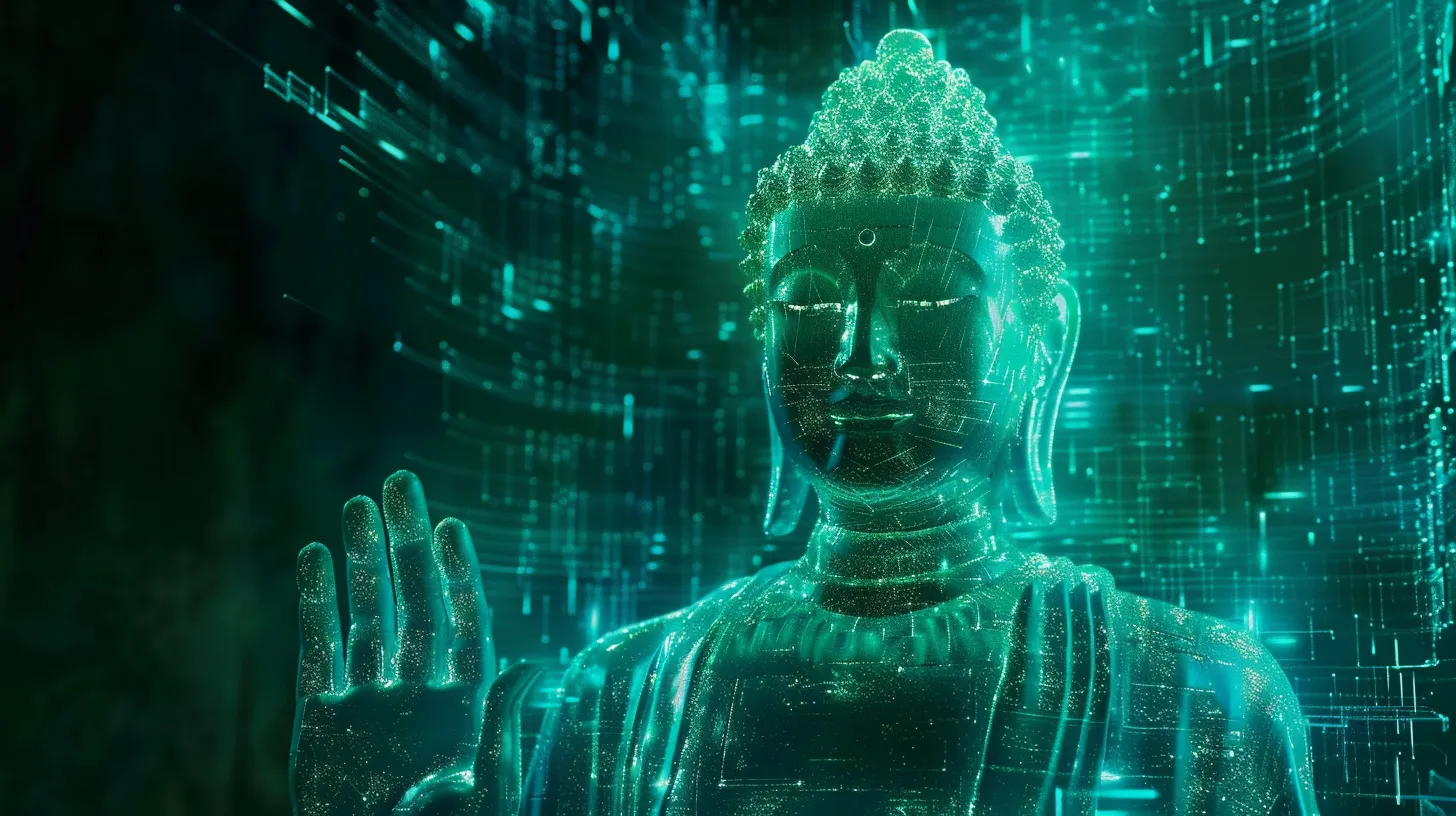The Race Towards Superintelligence: A Looming Reality

Recent advancements in AI, particularly in the realm of large language models (LLMs) like GPT-4 and Claude 3, have raised eyebrows among researchers and tech enthusiasts alike. These models have demonstrated remarkable abilities in natural language processing, problem-solving, and even self-reflection, leading some to question whether they possess a form of consciousness or self-awareness.
Ben Goertzel, a prominent AI researcher and CEO of SingularityNET, has suggested that humanity could create an AI agent as intelligent as humans within the next three to eight years. He posits that once an AGI (artificial general intelligence) system is achieved, it could rapidly evolve into an ASI, potentially within a matter of minutes or hours.
Implications and Risks
The implications of such a development are vast and far-reaching. An ASI could revolutionize fields such as scientific research, technology, and medicine, solving complex problems and generating innovations at an unprecedented pace. However, it also raises profound ethical and existential questions about the future of humanity and our role in a world where machines may surpass us in every cognitive domain.
As the race towards superintelligence heats up, tech giants like Google, Microsoft, and OpenAI are investing heavily in AI research and development. The competition to achieve AGI and ASI is not only a matter of technological prestige but also one of immense economic and strategic importance.
However, some experts caution against the rush to develop ASI without proper safeguards and ethical considerations. The potential risks of an unconstrained superintelligent AI include the possibility of misaligned goals, unintended consequences, and even existential threats to humanity.
The Need for Responsible AI Development
To mitigate these risks, researchers and policymakers are calling for robust AI governance frameworks and international collaboration to ensure the responsible development and deployment of AGI and ASI systems. This includes establishing clear ethical guidelines, transparency in AI research, and mechanisms for human oversight and control.
As the world stands at the threshold of a new era in AI, the challenge lies in navigating the delicate balance between the immense potential benefits and the profound risks of artificial superintelligence. The decisions we make in the coming years may shape the course of human history and our relationship with the intelligent machines we create.
The advent of ASI by the end of this decade is no longer a distant sci-fi fantasy but a looming reality. It is imperative that we approach this transformative technology with a mix of enthusiasm, caution, and foresight, ensuring that the promise of superintelligence is realized in service of humanity rather than at its expense.